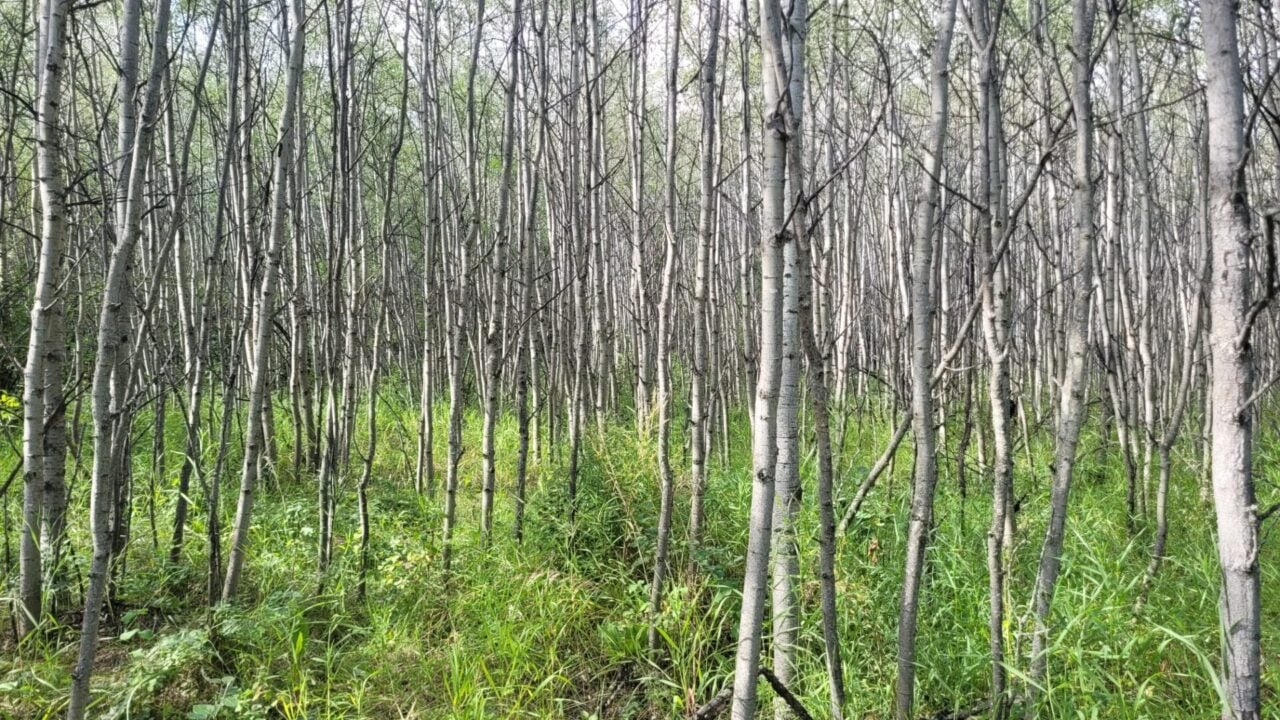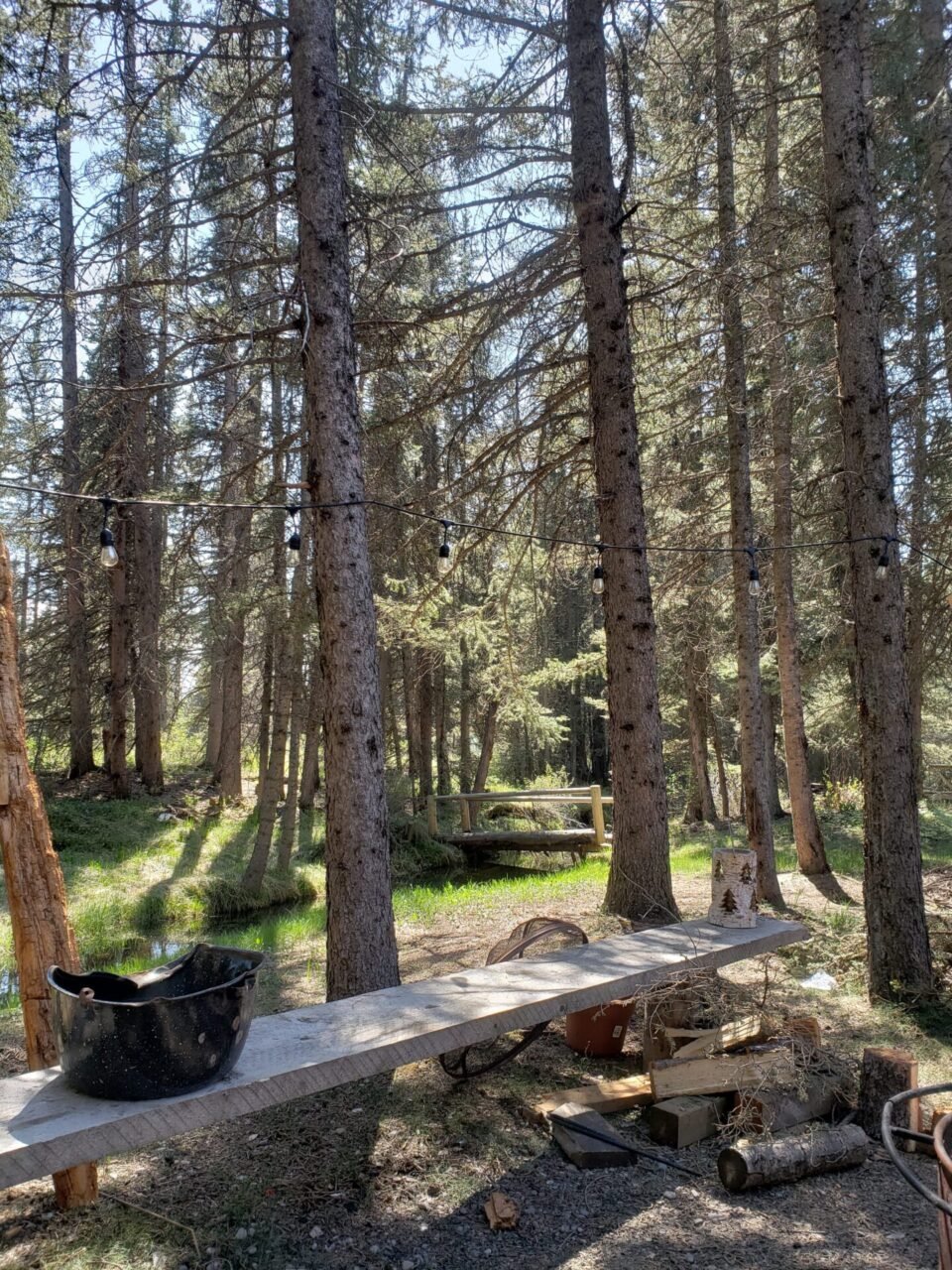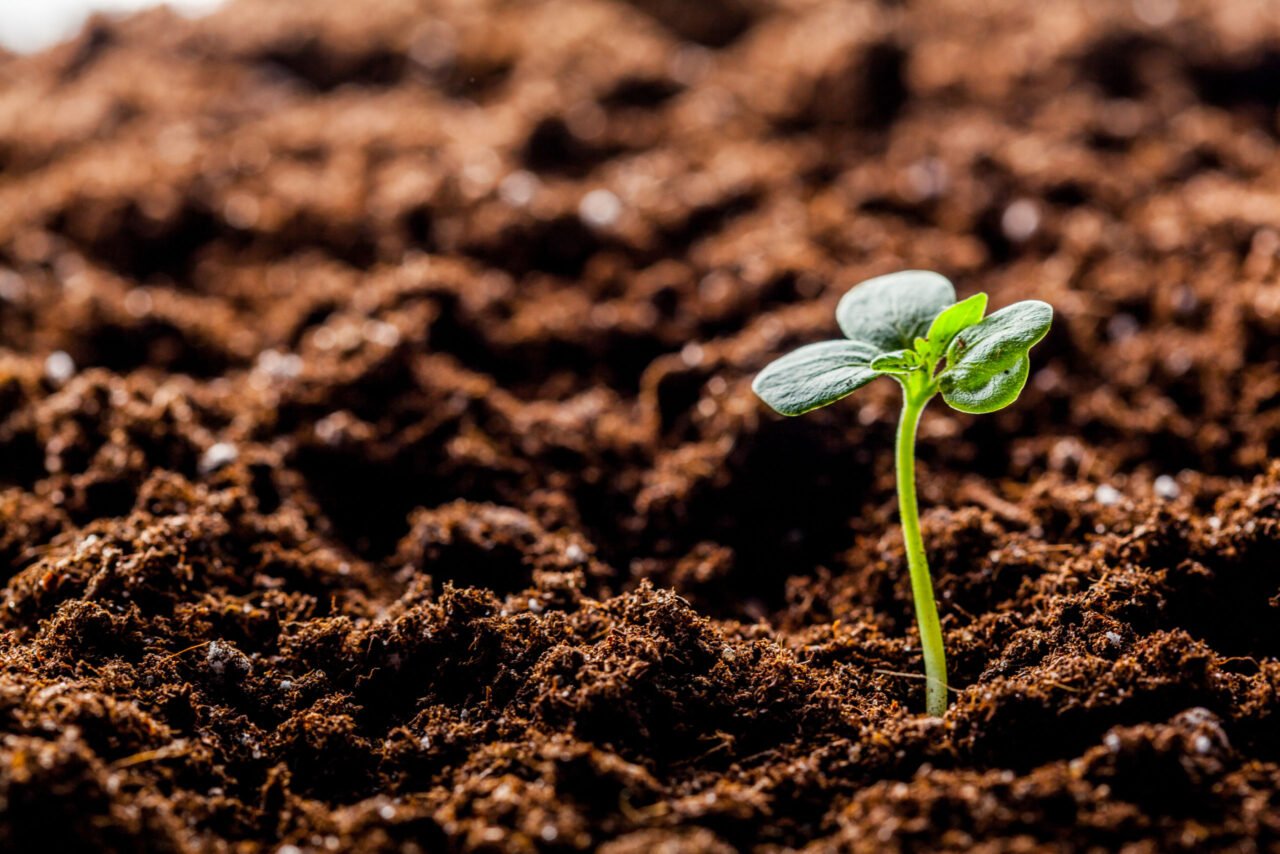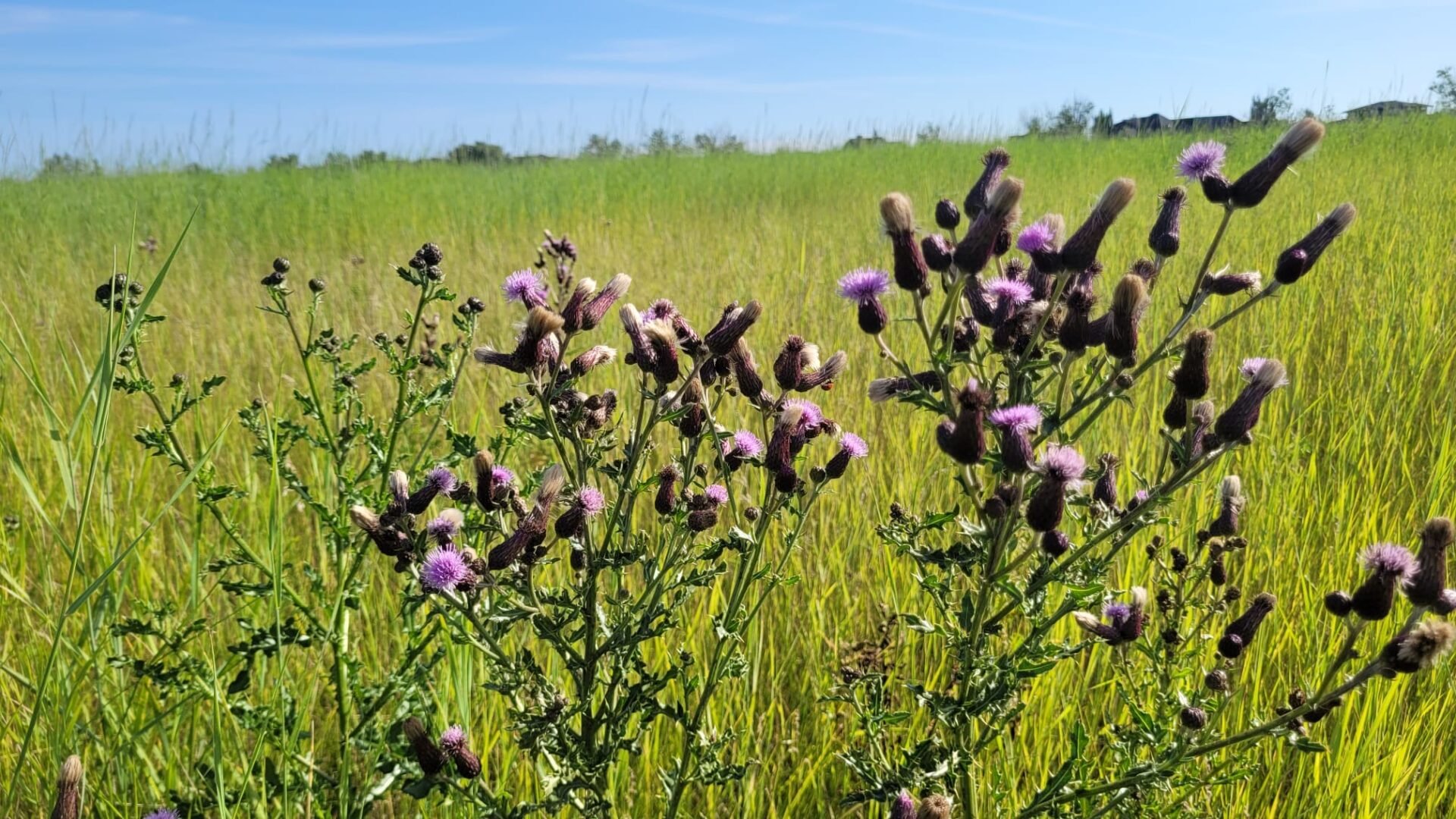Human Composting: A Natural Return to the Earth
As a death doula, I have the deep honour of walking alongside individuals and families as they prepare for the end-of-life. These conversations are poignant and often filled with themes that require love, courage, and curiosity. One of the questions that often arises is: What are the most natural, earth-friendly ways to care for the body after death?

Have you heard of human composting? It’s not as “icky” as it sounds. For those seeking meaningful, sustainable options, human composting—also called natural organic reduction—is a process that offers just that: a return to the earth in the most literal sense.
What Is Human Composting?
Human composting is a method of body disposition that gently transforms the body into nutrient-rich soil. Through a process involving natural materials like wood chips, alfalfa, and straw, the body (which can be shrouded in organic fibre) is placed in a controlled environment where it breaks down over the course of approximately 30 days. The composted remains are then sifted and “cleaned” so that they are safe to use. The result is rich, fertile soil—enough to nourish trees, gardens, or natural spaces.
Unlike cremation, which releases carbon emissions and produces ashes that are acidic and mostly harmful to plant life, or traditional burial, which often involves embalming chemicals and non-biodegradable caskets, human composting offers a low-impact, regenerative alternative. It aligns with values of sustainability, simplicity, and deep respect for the natural cycles of life and death.
A Return Rooted in Reverence
To many, this process feels intuitively right. It echoes ancient practices and Indigenous knowledge that have always viewed death as part of life’s continuum—not an ending, but a transformation. At “Return Home” – a company in the USA that specializes in their trademarked process of “terramation” (a Trademarked term), families and loved ones are invited to participate in the preparation of the remains.
So many people I speak to find comfort in the idea that their body might one day feed the earth, grow a tree, or restore a patch of forest. For some, it’s a final act of reciprocity. For others, it’s simply a way to remain connected to the natural world, even in death.

With human composting, rich, fertile soil is returned to families to use in any way they wish: to plant a garden, distribute in a favourite spot in nature, or even to distribute among treasured houseplants. If you think that’s weird, consider how long you’ve had some of your houseplants.
Not Yet Available in Canada
At the time of writing, human composting is not yet legal or available in Canada, though it has been legalized in several U.S. states, including Washington, Oregon, Colorado, and California. Facilities there have already helped hundreds of families choose this gentle path. Return Home now offers their services to Canadians, although the cost can be prohibitive when taking into consideration that remains have to be sent to the USA, and then returned to Canada.
It can be frustrating for Canadians who feel drawn to composting but are unable to access it. It’s a gap that needs attention—and change. If this option is available in Canada by the time I die, I hope my family will choose this option for me. I’ve really struggled with what I wanted for my body when I am done with it. I don’t see any need at all to be embalmed. I don’t want to be buried. Cremation seemed OK, but nothing seemed right – until I heard about human composting.
What You Can Do
If this option speaks to you or your values, there are steps you can take:
- Talk about it. Share your interest with loved ones and within your community. Conversations like these plant seeds for future change.
- Ask your funeral provider. Even if they don’t offer it, expressing your interest helps raise awareness.
- Write to your elected officials. Let them know you support the legalization of human composting in Canada. Your voice matters.
- Include it in your advance care planning. Even if it’s not available now, documenting your wishes helps guide future decisions.
As with all things in death care, change begins with education, openness, and advocacy. The more we talk about these options, the more likely it is that they’ll become accessible to those who want them.

Final Thoughts
Human composting offers us a powerful opportunity: to care for the earth as we make our final transition. It’s not only a practical choice—it’s a philosophical one. A way to return gently, naturally, and with intention.
As a death doula, I believe in choice, dignity, and connection in all aspects of dying. I hope that, in time, we’ll see more green options available here in Canada—so that everyone has the chance to return to the earth in a way that feels right for them.
If you’d like to learn more about green burial options or how to advocate for human composting in Canada, I’d be happy to help guide you.
Download My Free End-of-Life Glossary
This comprehensive guide will help you navigate the often unfamiliar terminology associated with end-of-life discussions. You’ll also receive valuable insights about once a month. No spam ever; unsubscribe anytime. Download your free glossary today.
